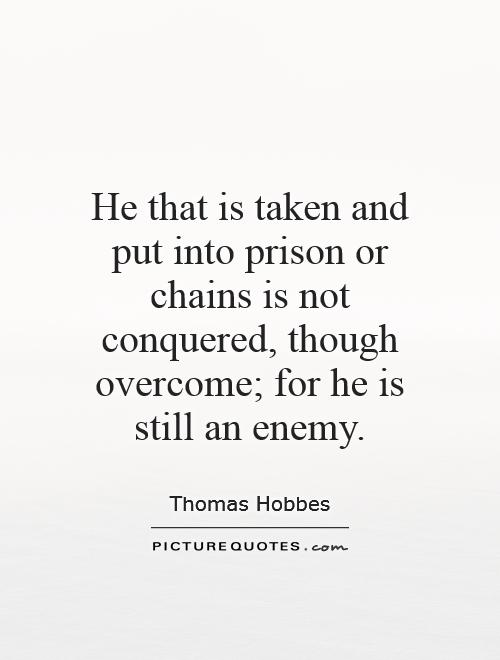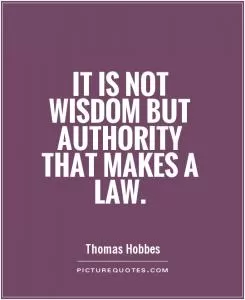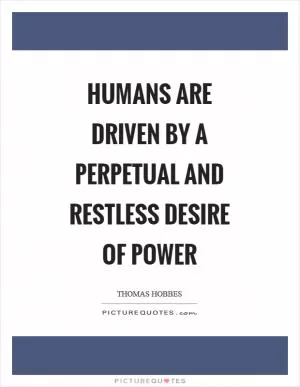He that is taken and put into prison or chains is not conquered, though overcome; for he is still an enemy

He that is taken and put into prison or chains is not conquered, though overcome; for he is still an enemy
Thomas Hobbes, a prominent English philosopher of the 17th century, is best known for his work on political philosophy and his belief in the necessity of a strong central authority to maintain order in society. In his seminal work, Leviathan, Hobbes explores the nature of power, authority, and the social contract that binds individuals to the state. One of the key themes in Hobbes' philosophy is the idea that individuals are driven by self-interest and a desire for self-preservation.The quote "He that is taken and put into prison or chains is not conquered, though overcome; for he is still an enemy" reflects Hobbes' view of human nature and the role of power in society. In Hobbes' view, individuals are in a constant state of competition and conflict with one another, driven by their own self-interest and desire for power. When someone is taken and put into prison or chains, they may be physically restrained, but they are not truly conquered because they still retain their enmity towards their captors. This idea reflects Hobbes' belief that individuals will always seek to assert their own power and resist domination by others.
For Hobbes, the state of nature is a state of war of all against all, where individuals are in a constant struggle for power and survival. In this state, there is no authority to enforce laws or maintain order, leading to chaos and violence. To escape this state of nature, individuals enter into a social contract with one another, agreeing to give up some of their individual freedoms in exchange for the protection and security provided by a sovereign authority. This sovereign authority, according to Hobbes, must have absolute power to maintain order and prevent the descent into chaos.












 Friendship Quotes
Friendship Quotes Love Quotes
Love Quotes Life Quotes
Life Quotes Funny Quotes
Funny Quotes Motivational Quotes
Motivational Quotes Inspirational Quotes
Inspirational Quotes